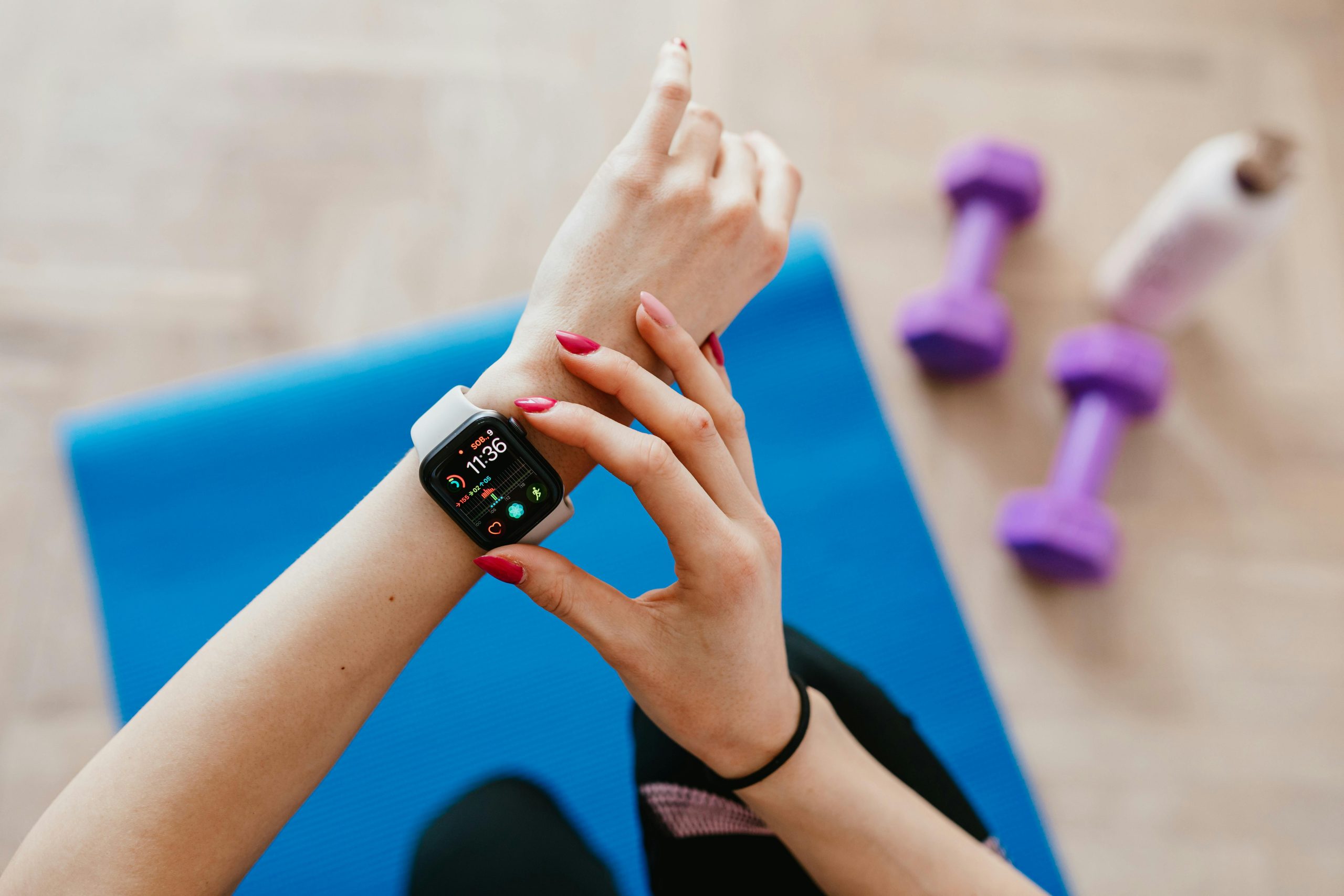In today’s fast-paced world, fitness trackers have become essential tools for monitoring health, tracking workouts, and staying motivated. Whether you’re a fitness enthusiast, a casual exerciser, or someone just starting their wellness journey, choosing the right fitness tracker can make all the difference. With so many options available—from basic step counters to advanced smartwatches—it’s easy to feel overwhelmed. This guide will help you navigate the key features, budget considerations, and lifestyle needs to find the perfect fitness tracker for you.
1. Identify Your Fitness Goals and Needs
Before diving into the sea of fitness trackers, take a moment to assess your personal fitness goals. Are you training for a marathon, trying to lose weight, or simply looking to stay active? Your objectives will determine which features matter most.
Key Questions to Ask Yourself:
- What activities do you primarily engage in? (Running, swimming, cycling, gym workouts, etc.)
- Do you need advanced metrics? (Heart rate monitoring, VO2 max, sleep tracking, etc.)
- Are you looking for smart features? (Notifications, GPS, music control, etc.)
For example, swimmers should opt for a waterproof tracker, while runners might prioritize built-in GPS. If you’re focused on general wellness, a basic step counter with heart rate monitoring could suffice.
2. Consider Your Budget
Fitness trackers come in a wide range of prices, from budget-friendly options under $50 to premium models exceeding $300. Setting a budget early will help narrow down your choices.
Budget Categories:
- Entry-Level ($50-$100): Basic step counting, calorie tracking, and heart rate monitoring.
- Mid-Range ($100-$200): Additional features like GPS, sleep analysis, and smartphone notifications.
- Premium ($200+): Advanced health metrics, LTE connectivity, and smartwatch capabilities.
While it’s tempting to go for the most feature-packed device, consider whether you’ll actually use all those extras. A mid-range tracker often provides the best balance of functionality and affordability.
3. Evaluate Key Features
Not all fitness trackers are created equal. Here’s a breakdown of the most important features to consider:
Essential Features:
- Heart Rate Monitoring: Useful for tracking workout intensity and overall health.
- Step and Distance Tracking: Basic but crucial for daily activity goals.
- Battery Life: Some last a week, others need daily charging—choose based on convenience.
Advanced Features:
- GPS: Ideal for runners and cyclists who want accurate route tracking.
- Water Resistance: Necessary for swimmers or those who sweat heavily.
- Sleep Tracking: Helps monitor sleep quality and patterns.
If you’re into niche activities like hiking or yoga, look for specialized modes that cater to those workouts.
4. Compatibility and Ecosystem
Your fitness tracker should seamlessly integrate with your existing devices and apps. Check compatibility with your smartphone’s operating system (iOS or Android) and any third-party apps you use, like Strava or MyFitnessPal.
Things to Verify:
- Bluetooth Connectivity: Ensures sync with your phone for notifications and data transfer.
- App Support: A user-friendly app enhances the experience with detailed insights.
- Smartwatch Features: If you want calls, texts, or music control, ensure the tracker supports them.
For iPhone users, an Apple Watch might be the best fit, while Android users might prefer a Wear OS device or a Fitbit.
5. Design and Comfort
Since you’ll be wearing your fitness tracker daily, comfort and aesthetics matter. Consider the following:
Design Factors:
- Wristband Material: Silicone is durable, while metal or leather bands offer a dressier look.
- Display Type: Touchscreen, always-on, or e-ink—pick what suits your visibility needs.
- Size and Weight: Bulky designs can be uncomfortable for all-day wear.
Try on different models if possible, or read reviews to gauge comfort. A tracker that feels like a natural extension of your wardrobe will encourage consistent use.
Conclusion
Choosing the right fitness tracker boils down to understanding your lifestyle, budget, and must-have features. Whether you need a simple device to count steps or a high-tech smartwatch to monitor every aspect of your health, there’s a perfect fit out there. By evaluating your goals, comparing key features, and considering comfort, you’ll find a tracker that keeps you motivated and on track toward your fitness aspirations. Happy tracking!
